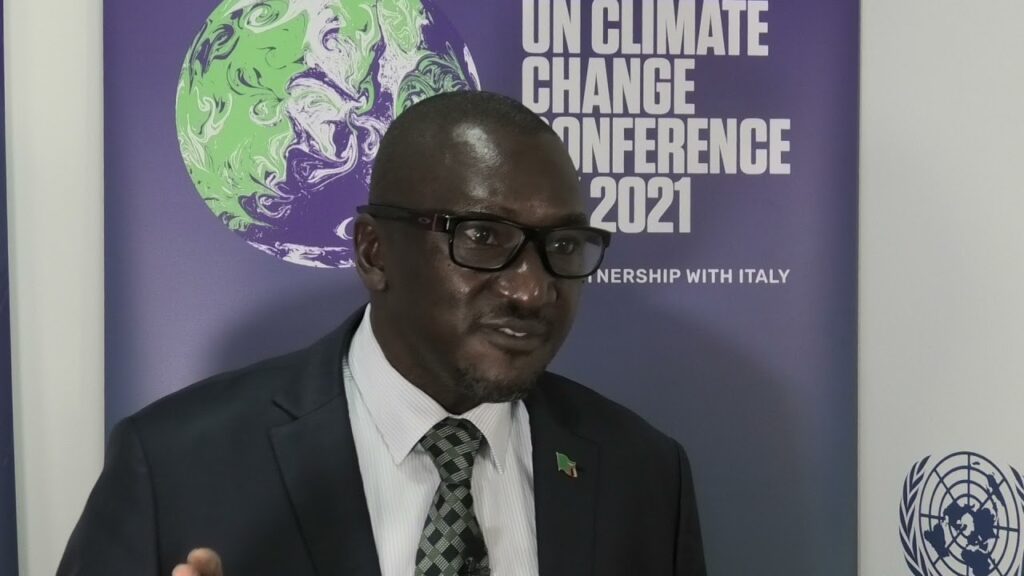Minister Collins Nzovu Advocates for In-Country Investment in Global Biodiversity Conservation
In a significant move towards bolstering global biodiversity conservation efforts, Minister of Green Economy and Environment, Collins Nzovu, has urged for increased in-country financing for the restoration of nature and the development of climate resilience through natural processes.
As the world shifts towards embracing multilateral strategies that prioritise investments in nature and biodiversity, Minister Nzovu stressed the importance of implementing specific measures to achieve these crucial objectives.
One of the key proposals put forth by the Honourable Minister is the development of the Green Bond market. He envisions that a portion of the proceeds generated from green bonds could be channeled towards financing biodiversity conservation initiatives. This approach seeks to bridge the financial gap required for preserving and nurturing the natural world.
Furthermore, Minister Nzovu emphasised the need to incorporate the principles of biodiversity conservation, climate change mitigation, and land degradation prevention into the Green Finance guidelines for the financial sector. This integration would enable financial institutions to weave biodiversity considerations into their credit policies and other financial products, thus influencing the allocation of credit across various sectors.
Explaining this strategy, Minister Nzovu stated, “This will assist the financial sector in integrating biodiversity concerns into their credit policies and other financial sector products, especially in terms of credit distribution to different sectors.”
Another critical proposal put forward by the Minister involves the establishment of a Green Finance Reporting System tailored to the Financial Sector. Such a system would facilitate the tracking of green finance flows within these sectors, ensuring transparency and accountability in financial commitments to biodiversity and environmental preservation.
In a move that underscores the dedication to domestic conservation initiatives, Minister Nzovu suggested that governments explore the feasibility of a debt-for-nature swap mechanism. This innovative approach could be realized through debt restructuring agreements, allowing governments to reduce a portion of their foreign-held debt and redirect those resources into funds that support vital domestic conservation efforts.
The Honourable Minister’s visionary ideas underscore the pressing need to address biodiversity conservation and climate resilience as core components of the global economic agenda. As discussions on these proposals gain traction, the international community will be watching closely for the outcomes of these initiatives and their potential to catalyze positive change on a global scale.



